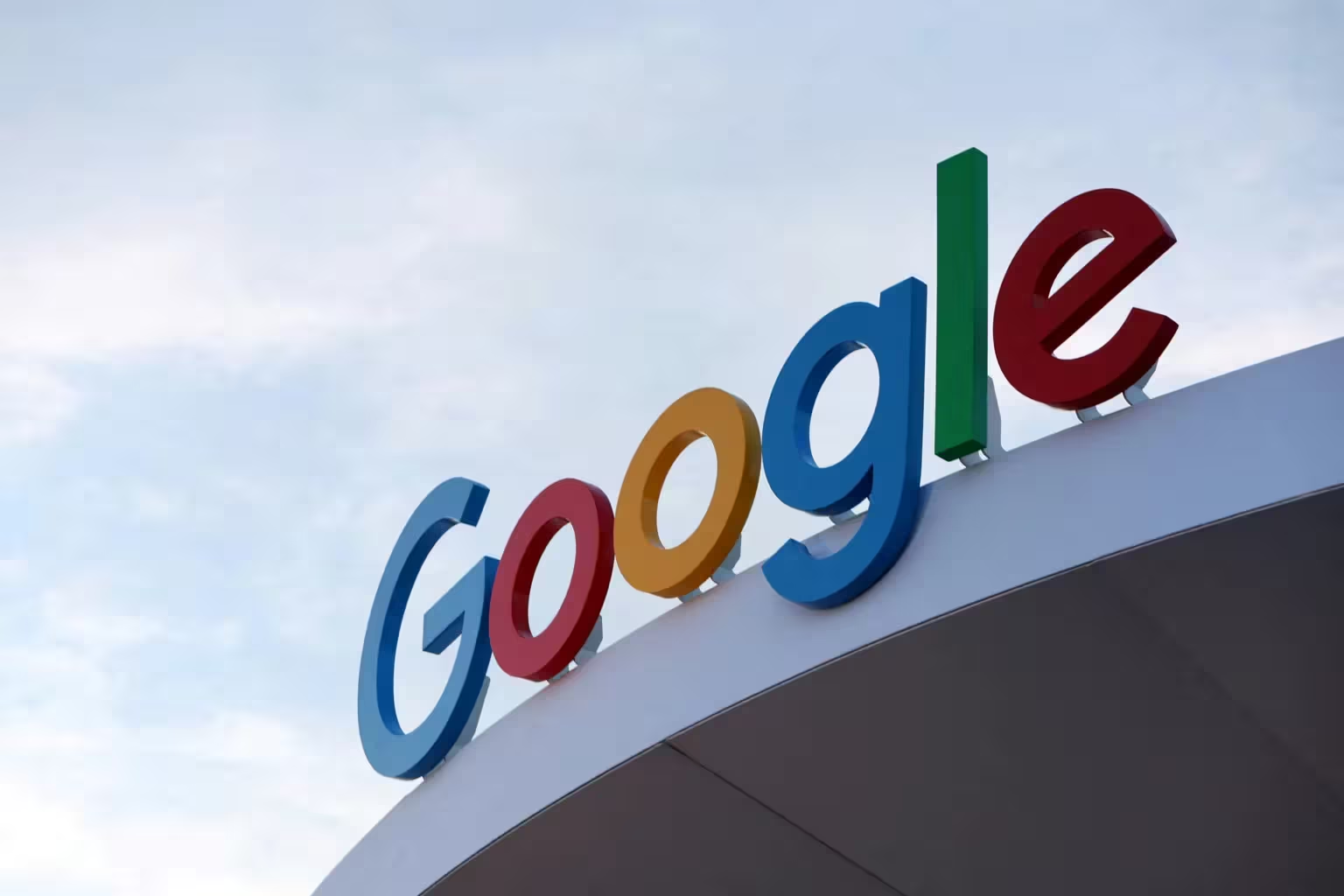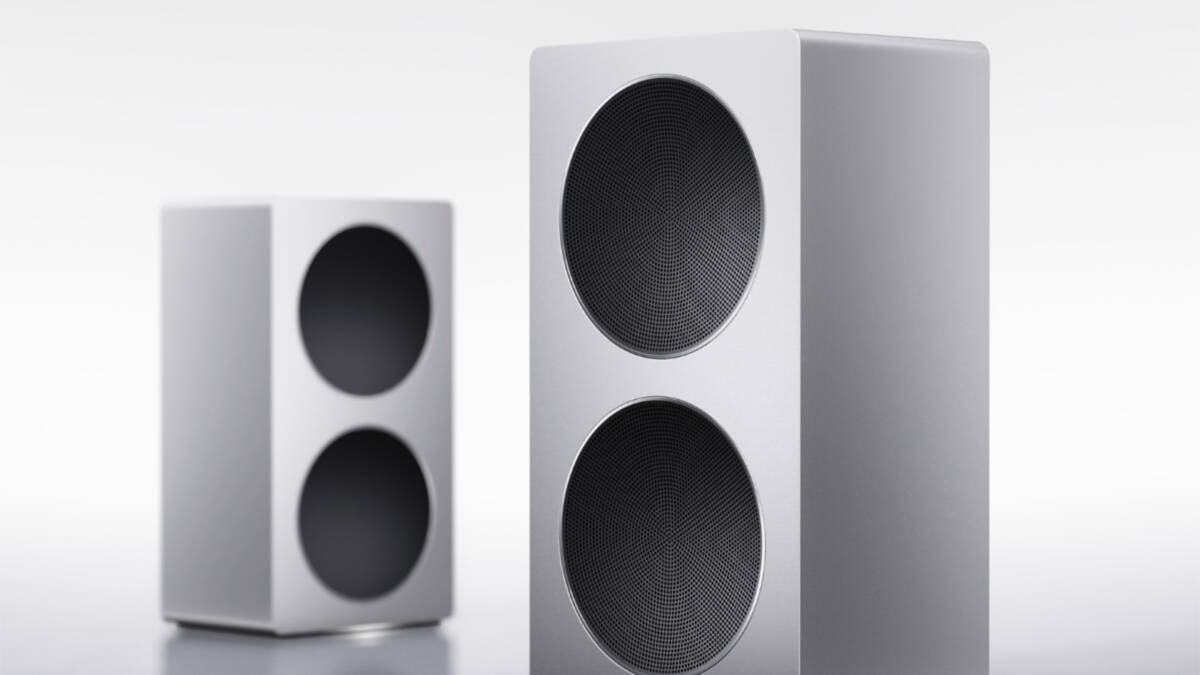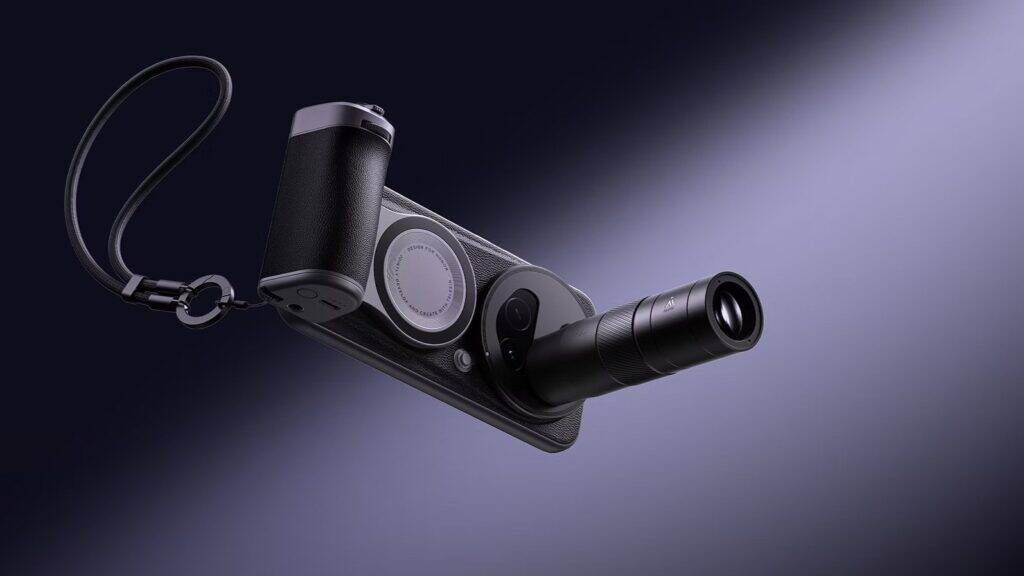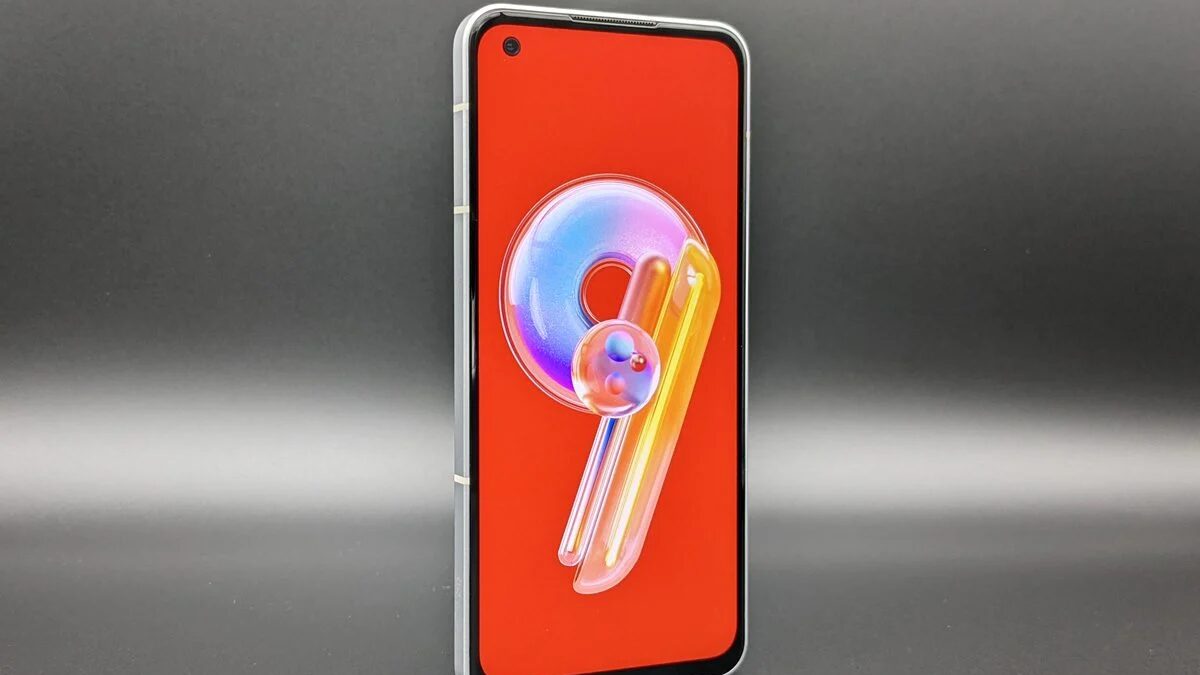A court in the US has ordered Google to share data with competitors, but the company will keep Chrome

Google has managed to avoid being forced to sell its Chrome browser, but the corporation must give competitors access to data and give up exclusive contracts. That’s the ruling by U.S. federal judge Amit Mehta after a years-long antitrust trial.
The court has kept Chrome and Android behind Google
The case concerned Google’s dominance of the online search market, where the company secured its advantage through its status as the default search engine on Android, Chrome and Apple devices. The U.S. Department of Justice demanded that Google sell Chrome, but Judge Mehta found such measures to be “poorly related to the case.”
The case was about Google’s dominance in the online search market, where it had secured its advantage through its default status on Android, Chrome, and Apple devices.
Google also won’t have to part ways with Android – the company’s argument that selling the operating system would cause it to fail was accepted.
Google is now being stripped of its right to enter into exclusive agreements to promote Google Search, Chrome, Google Assistant and the Gemini app. Smartphone makers such as Apple, Samsung and Motorola will be able to pre-install or promote alternative search engines, browsers and voice assistants. In doing so, the company will be able to continue to pay partners to host its default search.
Position of the parties
Google said the decision confirms major changes in the industry due to advances in artificial intelligence:
“Today’s decision recognizes how much the industry has changed with the advent of AI, which gives people more ways to find information,” the company said in a statement.
Corporate officials also emphasized that competition remains strong and users are free to choose services.
The US Department of Justice, by contrast, has expressed doubts about whether the measures are sufficient. Assistant Attorney General Abigail Slater wrote in an X:
“The court agreed on the need to restore competition in the long-monopolized search market, and we are now assessing whether the measures ordered are consistent with that goal.”
Google’s competitors took a mixed view of the decision. DuckDuckGo CEO Gabriel Weinberg said the injunction does not force Google to change its illegal practices and “consumers will continue to suffer.”
Market and expert reaction
Shares of Alphabet, Google’s parent company, rose more than 8% after the ruling was announced. According to the court, the corporation paid more than $26 billion to Apple, Mozilla and other partners for exclusive promotion of its services in 2021 alone.
According to the court’s findings, the corporation has paid more than $26 billion to Apple, Mozilla and other partners for exclusive promotion of its services.
Analysts said the ruling was softer than the market expected. According to Melissa Otto, head of research at S&P Global Visible Alpha, it benefits both Google and its big partners: the company’s search business could generate about $200 billion in 2025, much of which will go to distributors.
Deepwater Asset Management managing partner Gene Munster said the decision favors the tech giants and will allow Apple to renegotiate its contract with Google annually.
What’s next
Google’s legal battles aren’t limited to the search case. In September, the company will face a new trial, with the Justice Department accusing it of having an illegal monopoly on the ad tech market.








